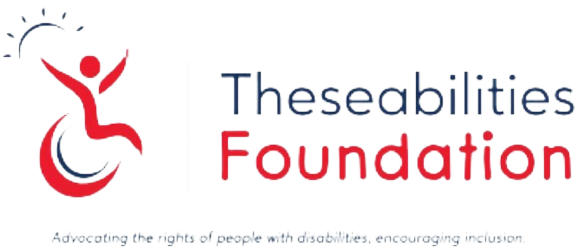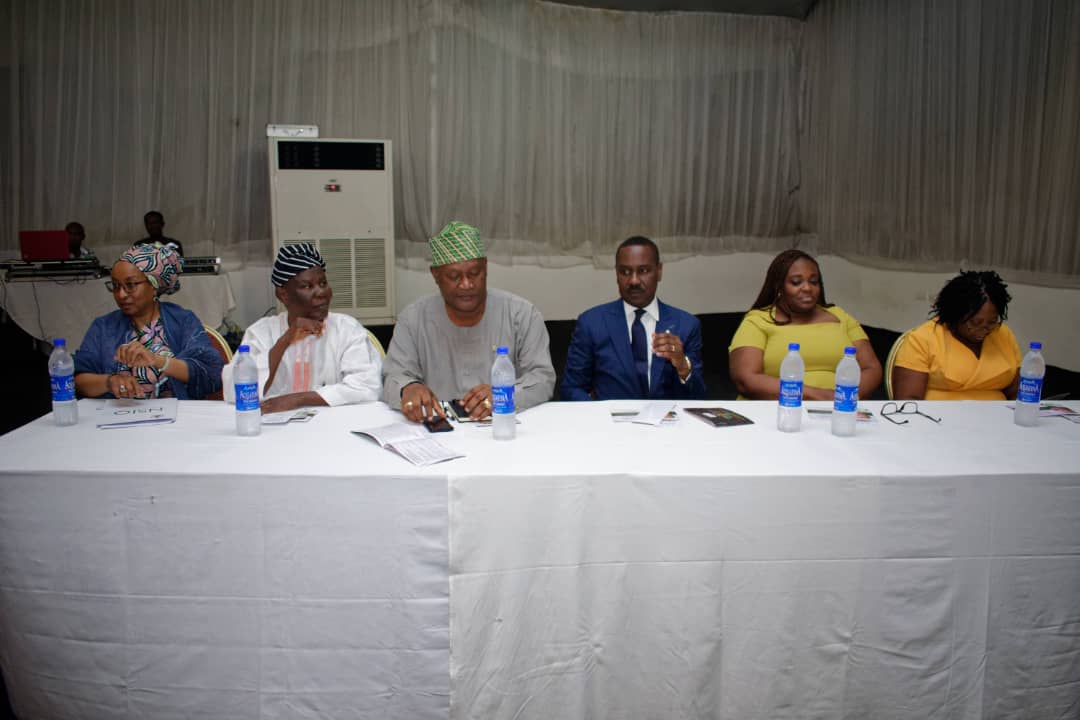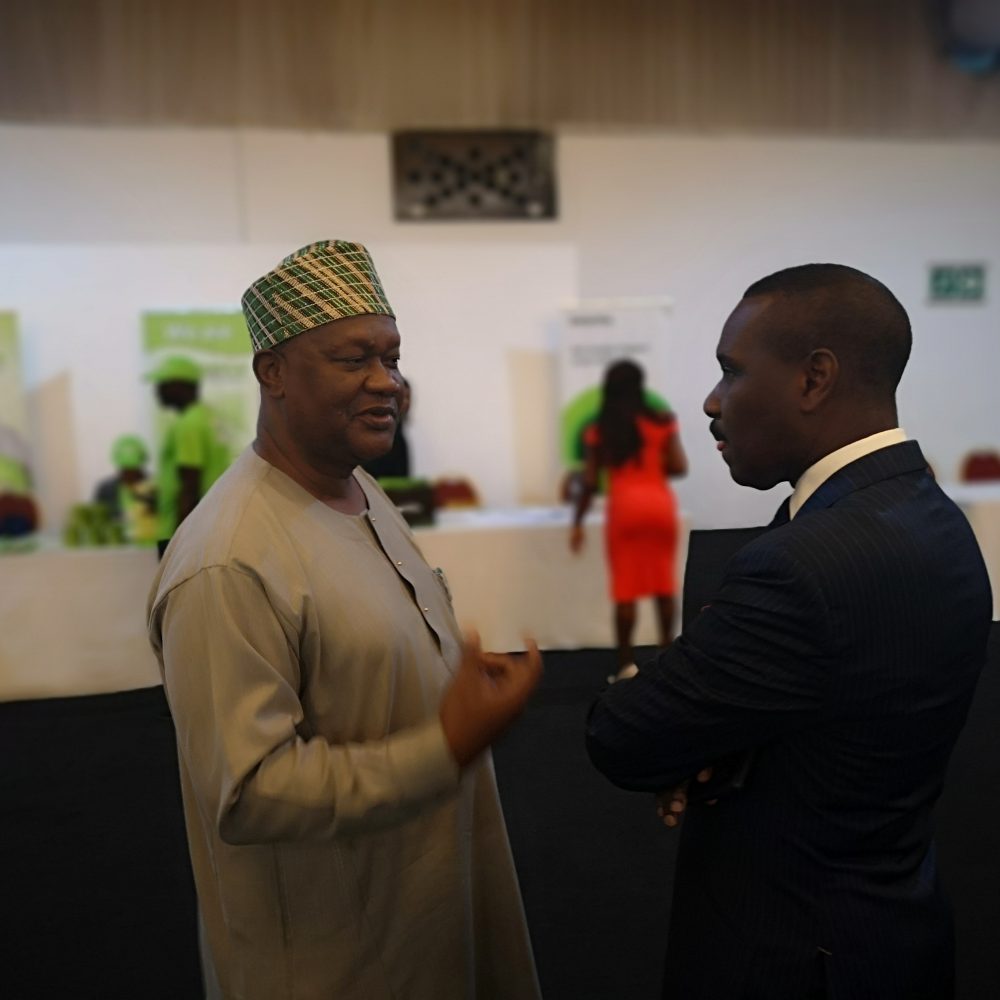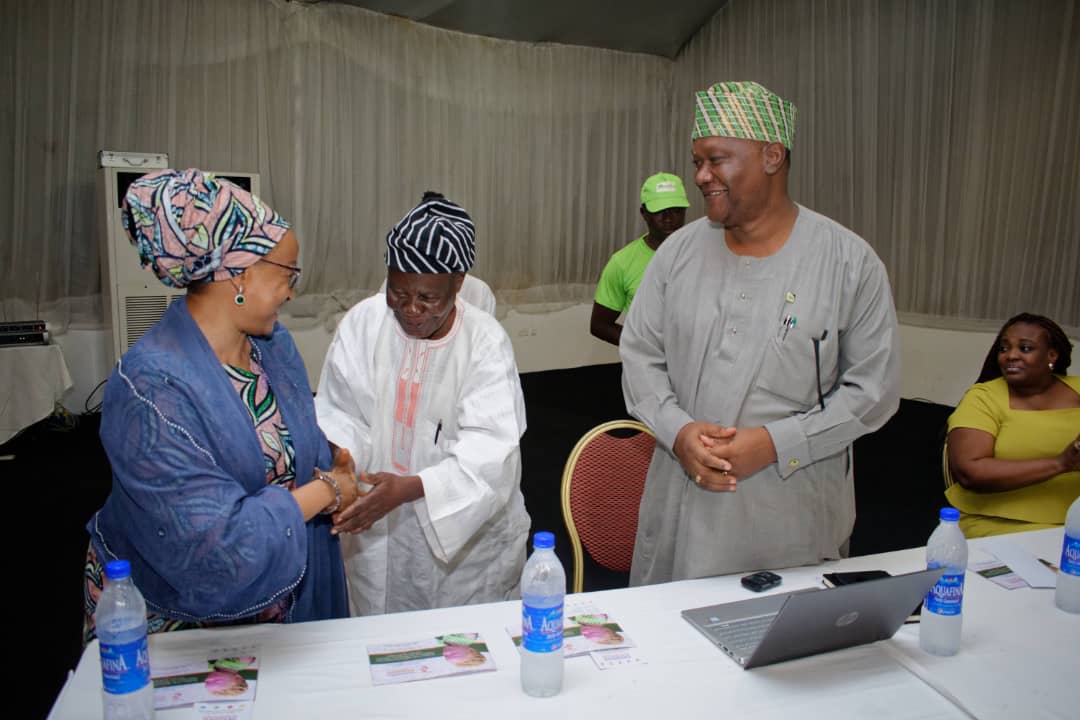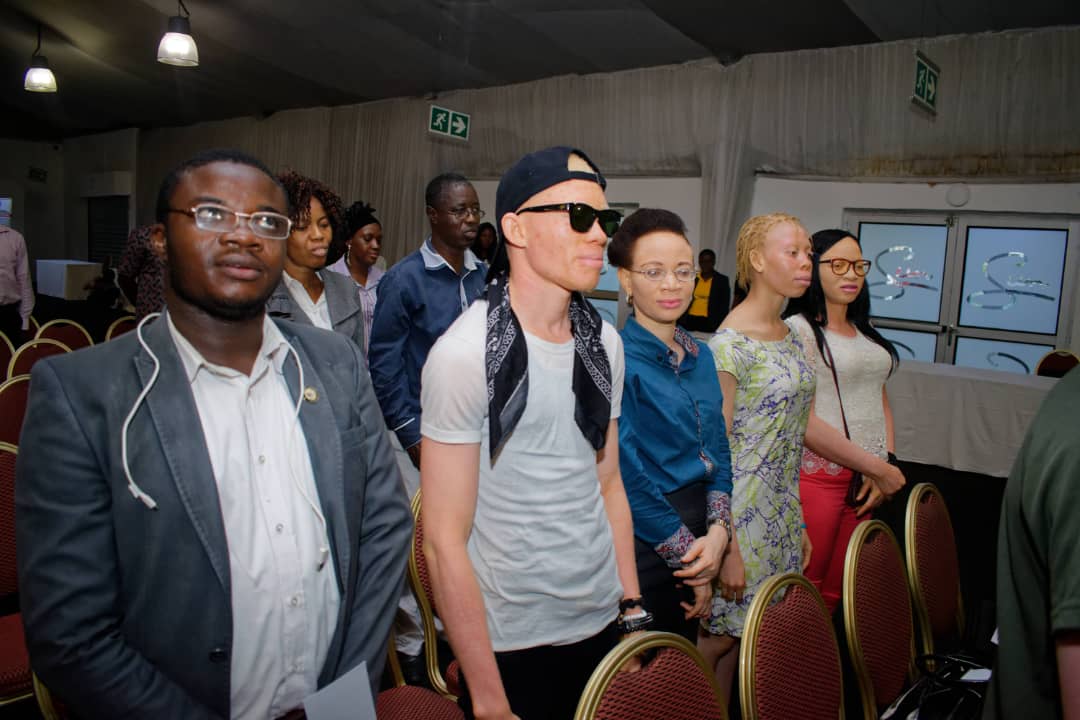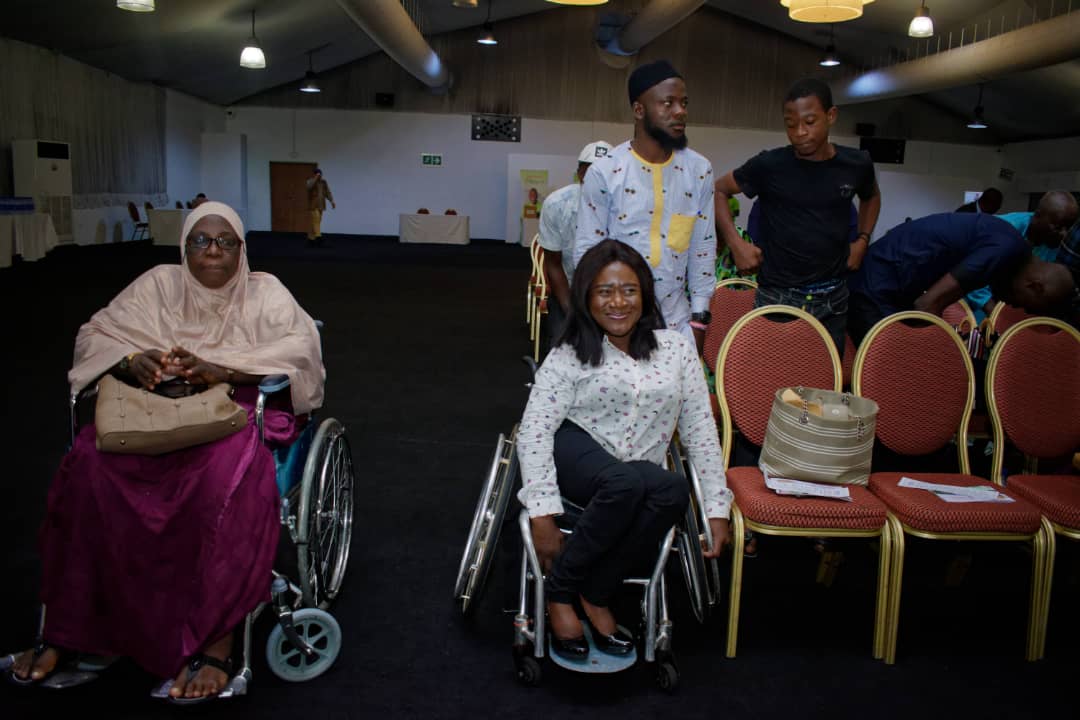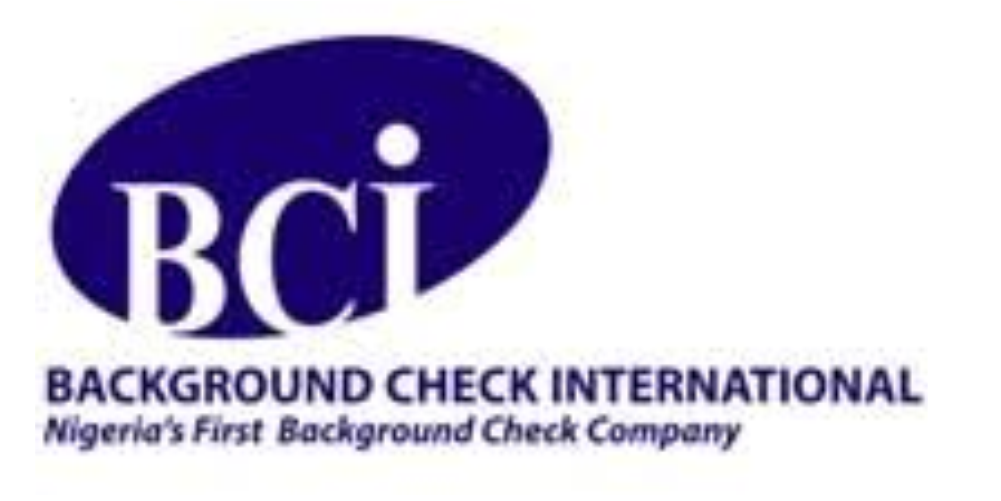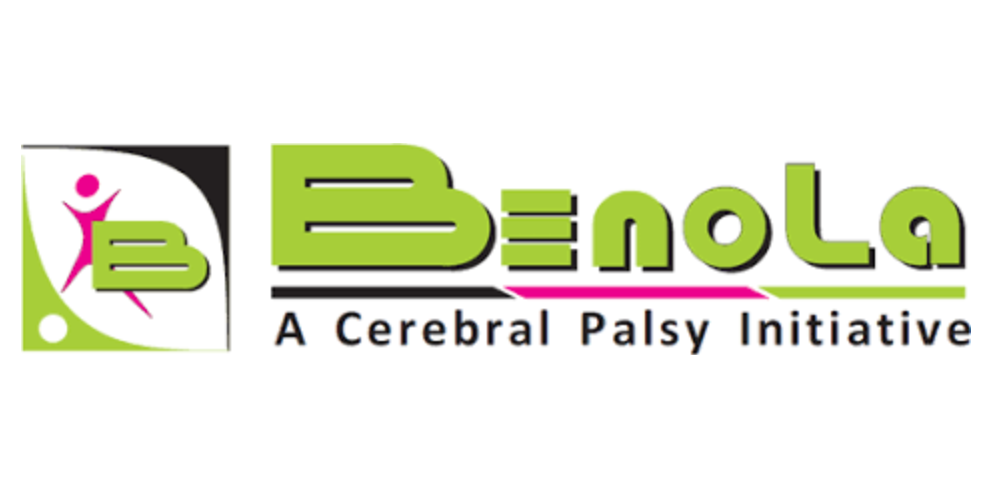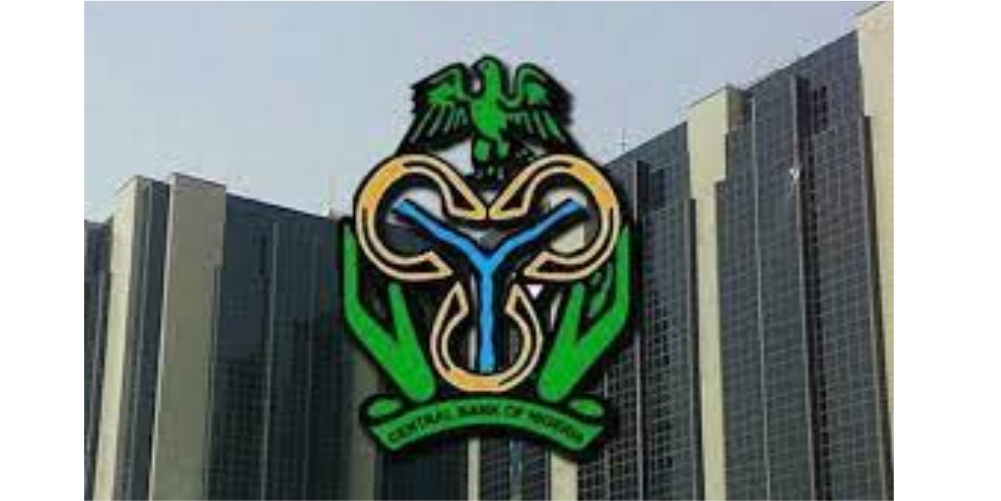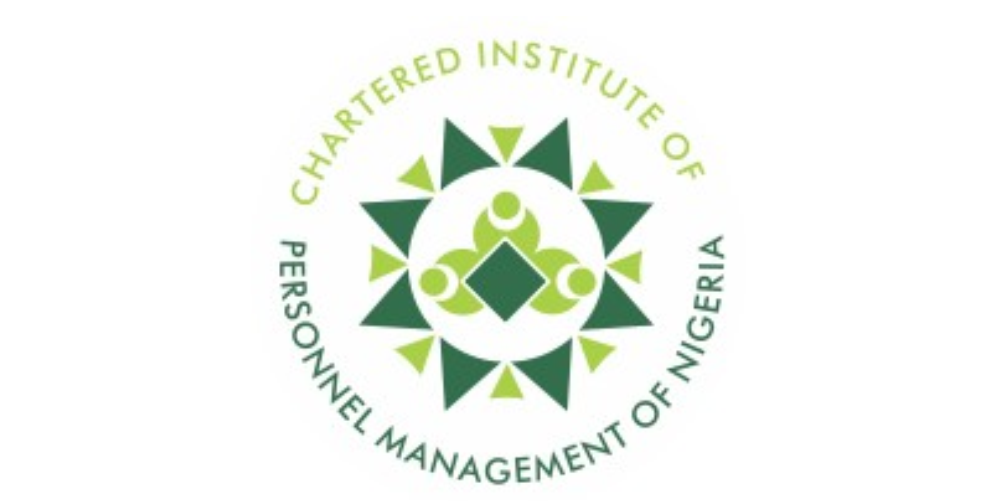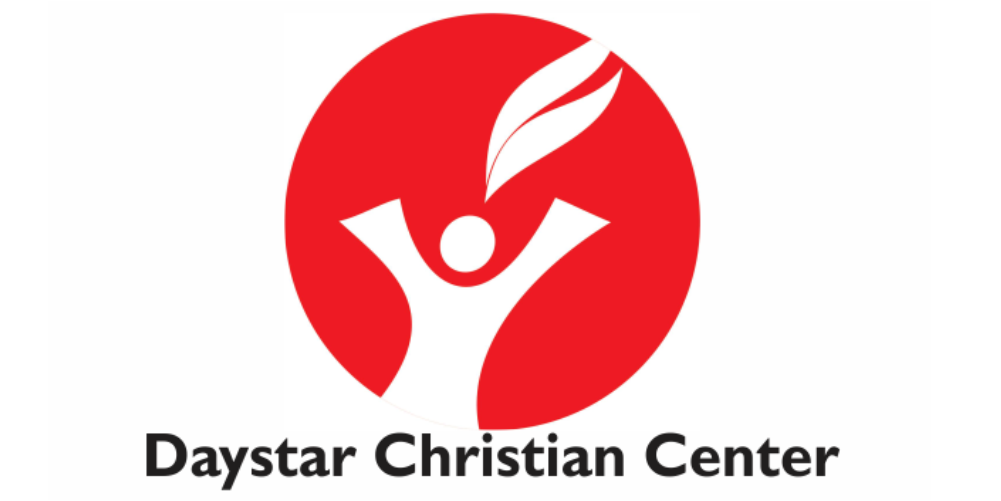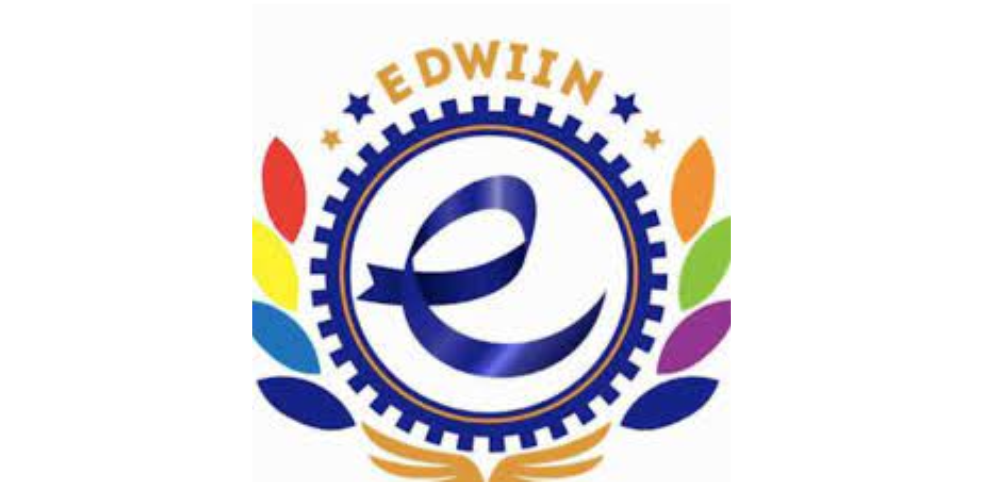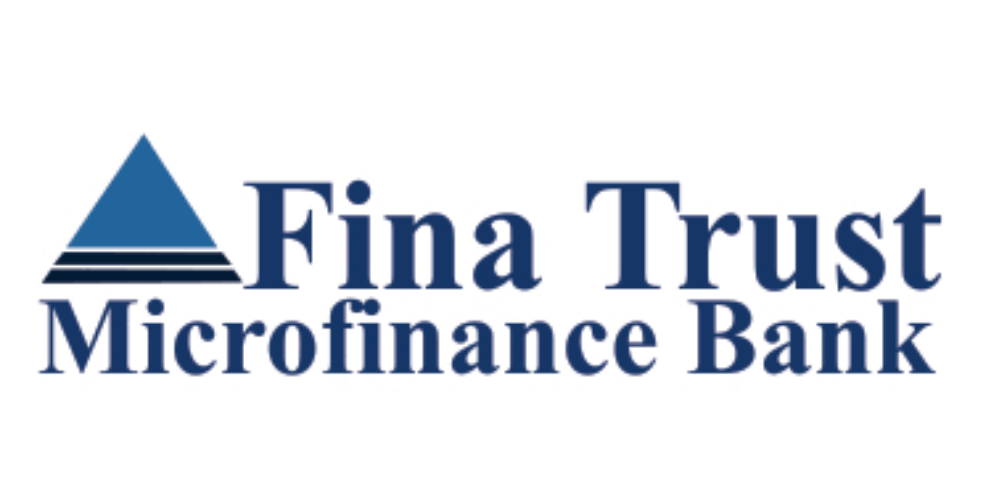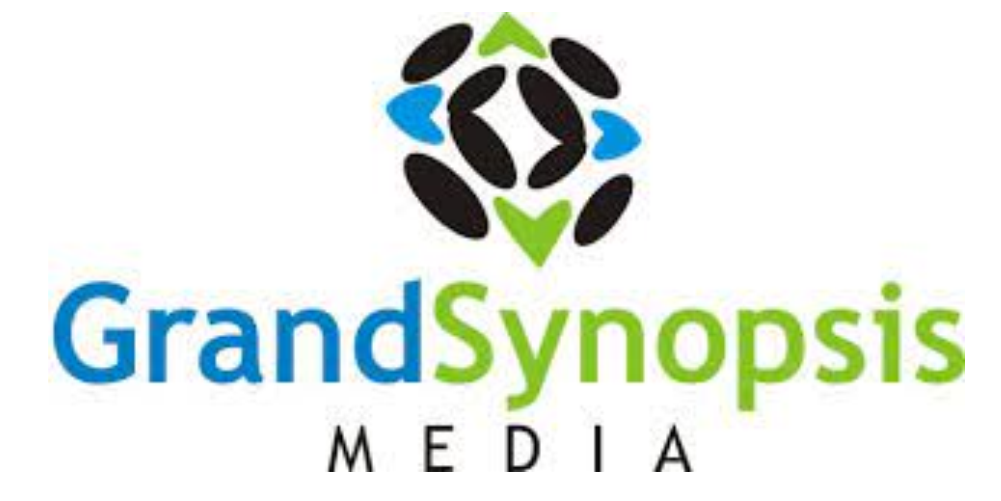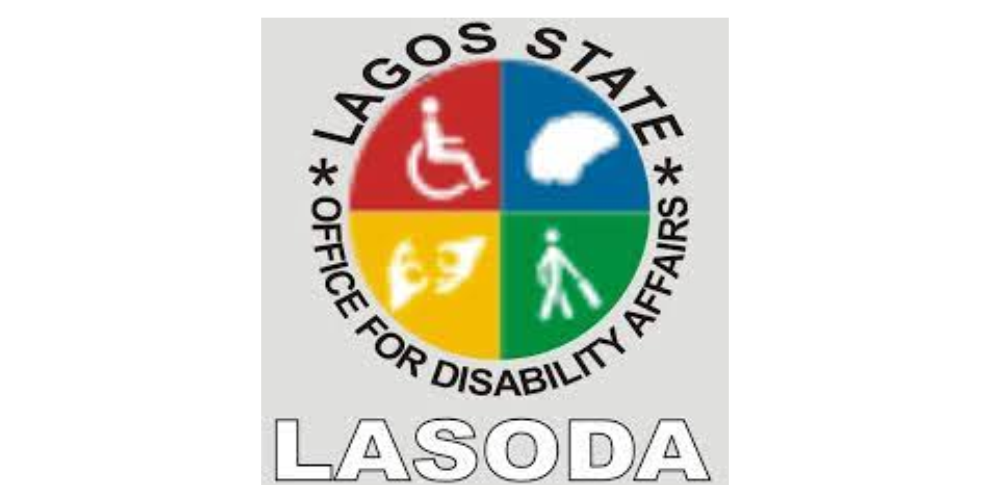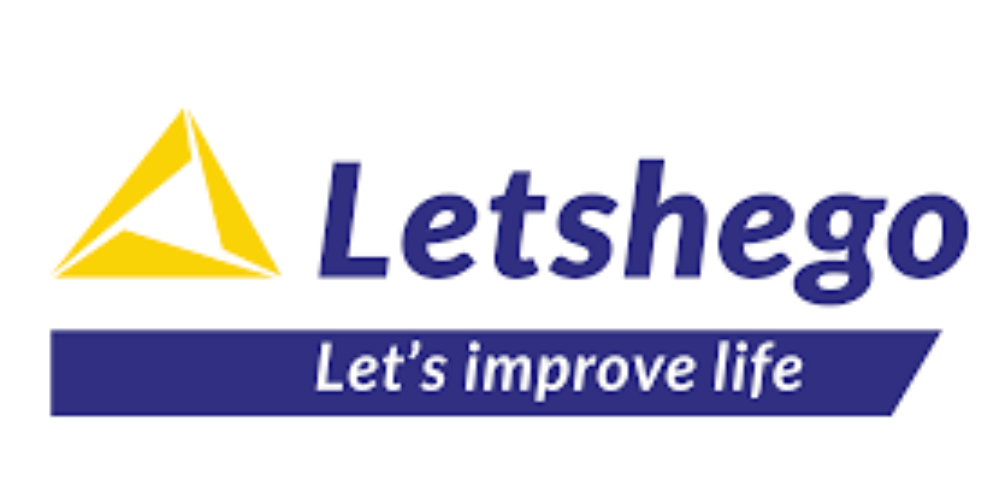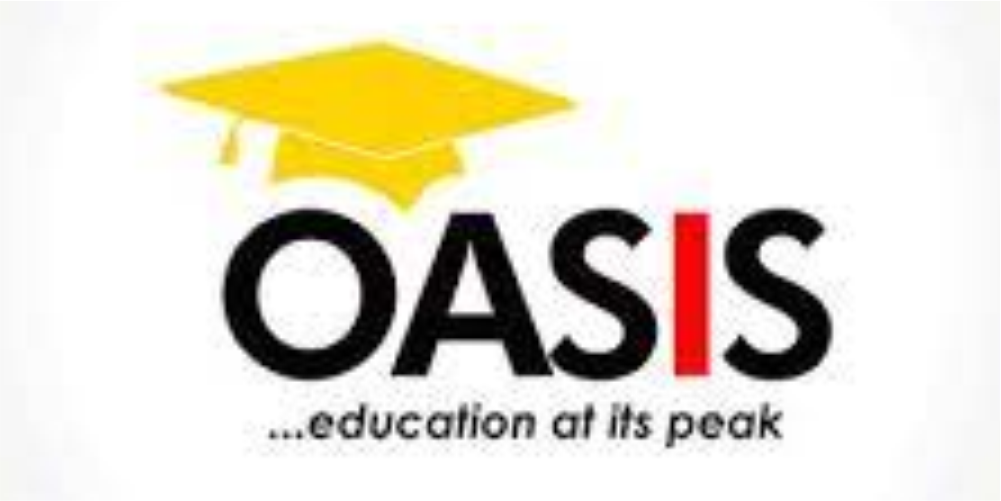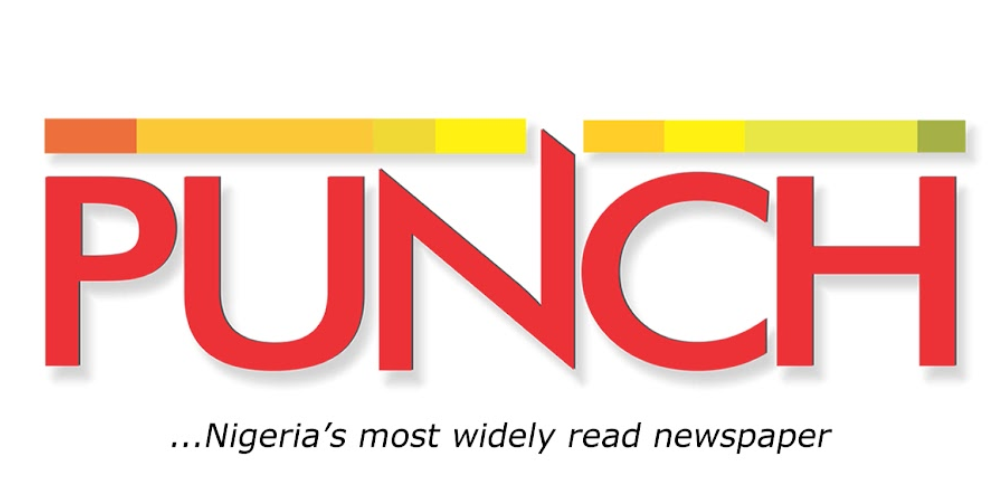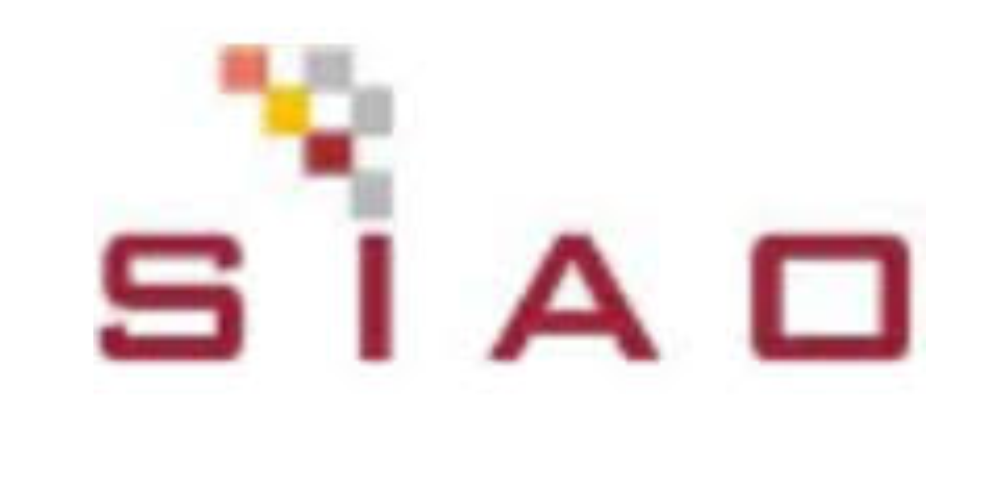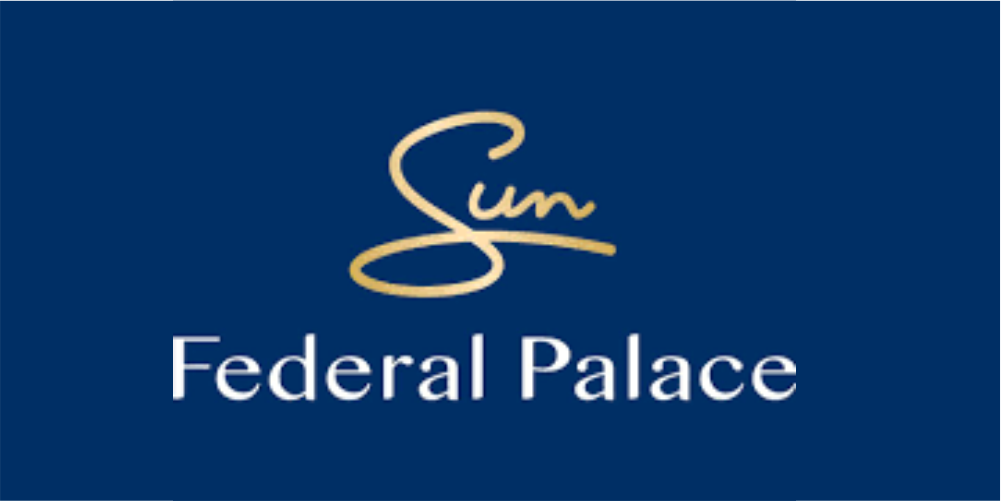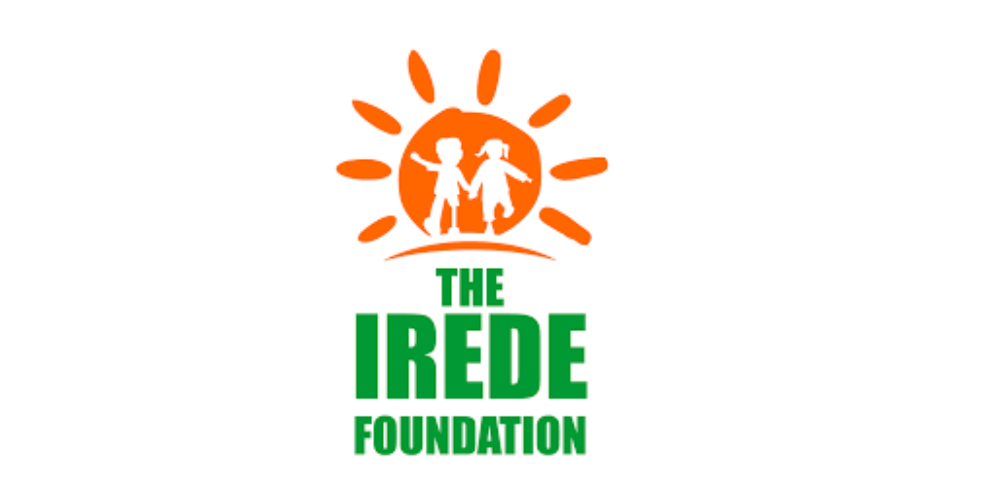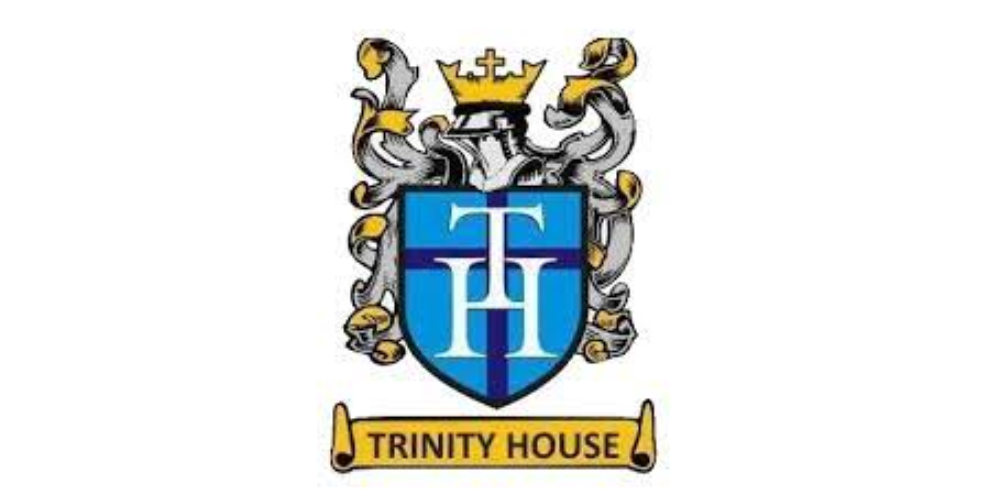From the Chairman, Advisory Board, Theseabilities Foundation It gives me great pleasure to welcome you to the re-launch of Theseabilities Foundation, an organisation that has committed itself to the advocacy of rights of persons living with disabilities, emphasising the need for inclusion. Our focus is on the creation of equal opportunities as the basis for excellence, especially for persons living with disabilities in our communities. We are particularly grateful to His Excellency, Professor Yemi Osinbajo, SAN, GCON, the Vice-President, Federal Republic of Nigeria, for his presence at today’s event. Your special message in the 2016 Disabilty Report on Inclusion, which we formally present to the public today, further encourages our work at Theseabilities Foundation. This re-launch is in the memory of Adeboye Abioye, founder of the organisation. It is in continuation of the work and legacy he left us with. We are encouraged by your presence and continued support. As stakeholders and partners in the pursuit of making our environment and society safer for use by our fellow citizens with disabilities, it has become more imperative to work together to actualise the vision and mandate of enabling laws like the Special People’s law in Lagos State. The Federal Government of Nigeria has over the years put in place measures for the legal protection and security of people living with disabilities in the country. Nigeria also ratified the ILO Convention 159 on 26 August 2010. These legal instruments provide the framework within which to ensure that persons living with disabilities are able to demonstrate that there are abilities in disabilities. These Abilities indeed. In today’s world, technological advancements should be leveraged to make these potentials realities. With the education, skills, knowledge and competencies of persons living with disabilities, our country can only become the better for it. It is in this light that we use this opportunity to request that the Nigeria Disability Right Bill be speedily attended to by the National Assembly and signed into law by the President. As co-workers in this noble cause, I invite you to join us on our renewed commitment towards making a sustainable difference, a fruitful and beneficial relationship in the service of persons living with disabilities in Nigeria. In the words of ‘Boye: Disabilities? TheseAbilities- It’s a Mind Thing! - Pastor Ituah Ighodalo.
Help People with Disabilities
THE RE-LAUNCH SPEACHES
IT IS NO DISABILITY, IT IS THE REALITY: BEING TEXT OF AN ADDRESS DELIVERED BY TPL. TOYIN AYINDE, FORMER HON. COMMISSIONER, LAGOS STATE MINISTRY OF PHYSICAL PLANNING & URBAN DEVELOPMENT AND 2ND NATIONAL VICE-PRESIDENT OF THE NIGERIAN INSTITUTE OF TOWN PLANNERS AT THE RE-LAUNCH OF THESEABILITIES FOUNDATION ON SATURDAY, 7TH OCTOBER, 2017
Protocols
Your Excellencies,
Distinguished Ladies and Gentlemen
It is with great humility, as well as delight, that I make this contribution at this important occasion of the Re-launch of Theseabilities Foundation, an organization pioneered by our beloved brother, Boye Abioye, who has gone ahead of us. It was a great concern for me deciding what to write about because, going down memory lane, I pictured the few moments we shared together, how especially my wife and I would call him, "Your Excellency" and he would reply calling us the same. He lived a normal life like any other person and, in the midst of it all, stepped into the White House to have a handshake with the President of the United States of America. That feat inspired the title of my brief address, "It is no disability, it is the reality". My encouragement at the end of this will be that you live your reality.
American actor, Christopher Reeve must have been thinking in that direction when he said, "I refuse to allow a disability to determine how I live my life. I don't mean to be reckless, but setting a goal that seems a bit daunting actually is very helpful ...". Boye Abioye must have had this thought in mind when he attempted to do things like any other person with full capabilities, such as playing football, just as his elder brother, Toye Abioye, related to us at the Commendation Service last year. It takes one who has recognized his situation, acknowledged it and chosen to live his reality with a goal in mind to achieve that. Boye's disability, like Robert M. Hansel said, opened his eyes to his true abilities. It is the reason why he chose not to place "DIS" in his ability, but rather chose to replace "DIS" with "THESE" in the diverse abilities that he believed were available.
To my mind, disability is a subject of interpretation, which differs from one person to the other. Incidentally, the majority is quick to point fingers at a few people who don't exactly look like they would have loved them to be, and so, christen what that minority lacks as disability. However, over time we have seen successful personalities with disabilities who rose above even the fully functional people (those who labeled them disabled) to claim their fame. Records are replete with names like Stephen Hawking, Helen Keller, John Nash, Christy Brown and Demosthenes, just to mention a few, who have had courage to face their realities and dismiss, with great determination, the things meant to be their disabilities. The stories of people like those mentioned make me perfectly understand the use of pun by Boye at the bottom of the letterhead of THESEABILITIES FOUNDATION. It reads, "Disabilities? Theseabilities - A Mind Thing". Do you get it? Disabilities can truly be Theseabilities, depending on whose mind it is configured.
Every situation in life is given a meaning that depends on the context or perspective applied to it. For example, we can ask ourselves, what is normal, or what do we consider as normal? The answer will always depend on how we choose to interpret the situation. That's where perspective comes in. Imagine that every human being had no eyes, wouldn't we consider having one as being abnormal? If everyone we see around us had no legs, one person with a leg would look absurd. That makes the statement of Jesus Christ in Saint John's Gospel 9:3 have a new meaning to me. Of the man who had been born blind, he was asked the question, "who sinned, the man or his parents?" His answer: "none sinned; this was meant to reveal God's power in him." That is, who had issues, the man or his progenitors? Jesus says, no issues at all; everything is in perfect sync with the original plan. It is so, that something spectacular may happen.
Man's contemporary reason for showing God's power is that things are working out as expected; "all correct " as we often say, but here we have another perspective - things not turning out as expected is not sufficient reason for God's power not to be made manifest. God is not waiting for anything to complete the ingredient for the manifestation of His power. That sends me thinking, how would the man with eyes, and the one without, rate before God? The same, I would presume. It probably means that God sees no difference between the two. What is important to Him is what you do with what you have or do not have. What therefore remains is our ability to translate whatever condition we find ourselves into an advantage. It means recognizing where we are, what we have (not what we don't), and mustering all the (inner) resources we need to make things work in our favour; sometimes, those resources will be out of the ordinary, coming from within and drawing towards us all the energies that make everything possible. And this is a spiritual activity.
The lack of understanding that man is a spiritual being in motion and manifesting in the physical will probably be the strongest reason for the limit to every human possibility. This is because the spiritual realm (the world of the intangible) actually propels activities in the physical realm (the world of the tangible). The loss of this truth really is the basis for any disability. So, when Stephen Hawking said, "concentrate on the things your disability doesn't prevent you doing well and don't regret the things that it interferes with. Don't be disabled in spirit as well as physically", he was actually emphasizing the role that the spirit plays in our disability. Disability in the spirit can only beget more physical disability, but ability in the spirit will convert physical disabilities to these abilities. Turning disabilities into Theseabilities was the pursuit of Boye while he was with us and the best way to sustain his legacy is to keep the THESEABILITIES FOUNDATION alive. That's why we are gathered.
The focus of THESEABILITIES FOUNDATION is "advocating the rights of persons with disabilities, emphasizing the need for inclusion!" The society in general has a label around people living with disabilities and have tended to sometimes regard them as misfits and outcasts. This marks the beginning of social exclusion which is a form of discrimination. Writing on inclusion, Busatto (2007) stated that, “Inclusion is community. No one becomes included by receiving handouts, even if these handouts are given by public bodies and with public resources. No one becomes included by being treated by a program in which they are no more than a number or a statistic. Inclusion is connection to the network of community development, it is to become more than a speck of dust, to have a forename and surname, with one’s own distinctive features, skills and abilities, able to receive and give stimulus, to imitate and be imitated, to participate in a process of changing one’s own life and collective life.“
A community is not one if it maintains the policy of exclusion. Such policies limit potentials and there is apparent loss on both sides - on the side of the strong, as well as the side of the weak; on the side of the capable, as well as the side of the disabled. Whereas the capable also have limitations to their optimum performance, which makes them disabled in some sense, the disabled who are allowed to demonstrate courage go ahead to rise above expectations. It thus appears that the two must freely exist in a symbiotic relationship. Those living with disabilities don't need handouts, what they need is the enabling environment to fulfill their potentials. They need to be recognized, to be involved in decisions that concerns them. The words of Robert M. Hensel, again, are instructive. Contributing to the discussion on inclusion, he says, "We, the ones who are challenged, need to be heard. To be seen not as a disability, but as a person who has and will continue to bloom. To be seen not only as a handicap, but as a well intact human being".
To increase our capacity for being an inclusive society that caters for the needs of all citizens, including those living with disability, governments and the people must jettison all stereotypes and make spaces, especially public spaces accessible to all. The efforts of Boye Abioye and his like influenced the Lagos State Government to enact a law in 2010 compelling public buildings to be made accessible to all by providing ramps into such buildings. The Ministry of Physical Planning & Urban Development also made the same provision in its 2010 Law on Physical Planning and Urban Development, and has religiously implemented this provision. While in government, I was privileged to be part of the Committee that implemented the reallocation of car lots in favour of the physically challenged within the Government Secretariat in Alausa, making 5% of the parking lots available for the physically challenged, and ensuring that they are located closest to the entrances of buildings. But this is not a government thing alone, it is what concerns all of us.
So, as a people, when we plan to put up structures we should ask ourselves if they will be accessible to everyone. As the structures extend vertically, we should ask ourselves what provisions we are making for the upper floors to be accessed. Elevators and Stair Lifts would easily provide these solutions. You never know, you may be the one in need of that help to access the facility. Additionally, as we build our houses, we should consider making the public spaces abutting our plots accessible by providing walkways that all kinds of people can access, off the roadways where the average motorist always threatens the pedestrian. Taking all of these measures cultivates an inclusive society, one in which everyone feels a sense of belonging who are not just mere numbers but are loved and given the opportunity to maximize their potentials.
Those living with disabilities may indeed not be experiencing physical pains, but they may experience the emotional pain of exclusion, of being underrated and taken for granted. Their cry to the society is, we have our own abilities. We can do all things through Christ who strengthens us. It is the world out there that is living with limitations in their mindset. They see disabilities; we see Theseabilities. They think we are incapable, but we know we are capable in our own way. Just like when the world says there is a going down and we declare that there is a lifting up, so it is when the world sees disability, we see the reality of our situation. We do not see disability, we see reality. We choose to live in the reality, as victors, not vanquished. We live in our reality; we have no disabilities, we have Theseabilities.
If Stephen Hawking overcame motor neuron disease to become one of the most admired scientists in Physics; Helen Keller - blind and deaf - became a political activist and celebrated author; John Nash suffered schizophrenia, yet produced outstanding works on geometry and partial differential equations; Christy Brown could only move his left foot of the whole body, but went ahead to become a celebrity author of "My Left Foot"; Demosthenes, a chronic stammerer became one of the most admired orators in history; our own Cobhams Asuquo, though blind is an international award-winning talented music producer and songwriter; Yinka Ayefele, paralyzed after a motor accident has continued to make waves as a musician and owner of a radio studio; Late Prophet Timothy Obadare proved that blindness was not a hindrance to becoming a famous international televangelist; and Idowu Akinrolabu (although late) became the only mouth artist in sub-Saharan Africa with world prizes won, it seems to me that it is those we consider as being capable (that is, without physical disability) who have to address the disability in their minds, and get exposed to the world of possibilities where disabilities become Theseabilities. They would then realize the need for inclusive communities where both the people with ability and those living with disability must collaborate to shake the world. Government therefore needs not create special schools for them but integrate them in the conventional school system with provision for a Department to take care of their needs. This will make others see them as part of the society. In furtherance of the pursuit of social inclusion, enlightenment programmes should be continually hosted to improve the mindsets of the physically disabled and the society at large on the reality of disability.
I would like to end this with the story of Miriam Wawira, who lives in Nairobi. A lot of us are familiar with the story of Nick Vujicic, the Australian born without arms and legs, but Miriam is an African born without arms. Miriam agreed that it was the society that labeled the situation, regarding it as either a bad omen or a curse from the gods. She is happily married and has a child that she is able to cater for. She believes that she is just like any other human being, stating that she often does not remember that she doesn't have hands. The key to her successful living, according to her, is that she stopped being sorry for herself, accepted her reality and made use of what she had. She believes she's like any other person, but the question is, do other people think she is like them? This is the point where I think the problem actually lies with the larger society and the willingness to accept reality and see the physical challenged as normal people with special needs. Nick says, "I may not receive a miracle, but I could be the miracle for someone else". It is all about the purpose we are meant to fulfill. We will fulfill purpose with hope in our minds and love in our hearts for the physically challenged. We must change the narrative from pity to love, and from despair to hope.
As I conclude, I appeal that we discount disability, accept our reality and live in the reality - a reality which confirms that with an open mind, a mind that is not disabled, we will sooner know that the world lies before us all (the able and the disabled) to conquer, and turn all disabilities to Theseabilities.
Thank you.
Tpl. Toyin Ayinde
0803 301 3849
toyinayinde@yahoo.co.uk
A Speech titled, A Parent’s Perspective delivered at the
Relaunch of Theseabilities Foundation on Saturday October 7,
2017 by Angela Emuwa.
Your Excellency, Professor Yemi Osinbajo, representatives of the
Lagos State Government present here, all invited speakers and
guests, representatives of NGOs and other allied bodies,
gentlemen of the press, members of Theseabilities Foundation,
all protocols observed.
I stand here today with mixed feelings: it is still difficult to
accept that the founder of Theseabilities, Adeboye Abioye is no
longer with us. Yet I am happy to see that his work while he was
here with us lives on; our gathering here today proves that. He
would be smiling down at this relaunch, knowing that he still
lives in our hearts and that we would keep the torch burning.
I met Boye at different fora and we sometimes worked together
on his favourite cause, which is to ensure that persons with
disabilities are supported to participate in the community to
make their contributions like everyone else. As the parent of a
child with disability, he was a source of inspiration because he
did not allow his disability to get in the way. He stepped out
boldly to help others instead of waiting to be helped and in the
process, became a strong influencer of policy in favour of people
with disabilities. He took the message of inclusion and equal
opportunities to the corporate world, the education sector, the
building sector, the media and all spheres of the society; insisting
that space for participation be created for people with disability
in all aspects of life.
Some of the notable fruits of his public advocacy include the
enactment of the Lagos State Special People’s Law in 2011,
passage, last year, of the National Disability Bill by the Nigerian
Senate and influencing the Lagos State Government to make the
design of infrastructure and public buildings user-friendly for
people with disabilities. His works on financial inclusion and
disabilities confidence earned him a seat on the National Council
of MSMEs in Nigeria.
He organised training programmes for people with disabilities to
equip them with the knowledge, skills and attitudes with which
to become viable contributors in the workplace and interfaced
with parents on how best to raise their children with disabilities.
So, while he was talking with society and employers to make
room for people with disabilities, he was also building the
capacities of people with disabilities to fit into those rooms.
I have taken the trouble to speak on what Adeboye represented
while he was here because I have been asked to speak on
Perspectives from a Parent. We parents can draw a lot from his
thoughts on and approach to disabilities issues in our world. He
believed that disabilities is ‘a mind thing’; when we decide to
break the barriers in our minds about what a person with
disabilities can achieve, we open doors of opportunities for that
individual to actualise his or her potentials. Parents who have
children with disabilities must believe that there is a future for a
child with disability and put in all they can to groom that child to
fit into that space. We must ask ourselves, “What does the future
hold for our children?” There are many children with disabilities
who will become adults with disabilities if we do not train them.
Research has shown that early intervention is important in the
life of a child with a disability so parents must have their
children checked to ascertain if they meet with developmental
milestones appropriate for their age.
Parents of children with disabilities need to accept and love their
children who have disabilities and support them to maximise
their potentials. With love, commitment, early intervention and
consistent efforts at learning new skills in managing and teaching
your child, he or she will continue to make good progress. Give
your child the best you can afford.
In 2012, some associates and I sponsored a public enlightenment
supplement in The Punch to create awareness on Autism and how
families can cope with the challenges it presents. On reading the
publication, a young adult, Bukola, whose younger brother,
Kolawole was already presenting with the signs of autism as
outlined in that article contacted us. She was happy to finally
identify the reason for her brother's 'odd' behaviour and was
relieved to know that there were people she could contact for
help.
Impressed by the young girl’s interest in her sibling’s welfare, we
immediately offered a sponsorship for direct therapeutic
intervention for him; from where he proceeded to a mainstream
secondary school where he currently has fully adapted and is
doing really well; albeit not at the level of his age mates but he's
moving forward. At the end of the 2016 school year, Kolawole
won the prize for the most improved student of the year.
Recently, his sister noticed he had an interest in tailoring so she
arranged for him to do an apprenticeship during the holidays and
he's learning and enjoying it. That is a potential source of
livelihood in the making. This young lady is doing what every
parent should do for their special needs child. And the tailor, by
giving him that opportunity instead of shunning him because of
his disability is doing what all employers should be doing.
This also means that parents need not hide those children. I am
calling on all parents of people living with disabilities to bring
them out to educate society that they do exist, they have a right
to exist. People with disabilities should be seen in schools and
other public places, and in the workplaces making their
contributions. There are very minimal provisions for people with
disabilities in the country today. There are trickles of efforts but
they are not far reaching. Some parents have to give up work to
care for their child and this increases anxieties over funding.
As parents, we need to unite and form a strong body and demand
the rights of our children. We must not let society make them an
afterthought. As taxpayers, we must assert our rights so that our
children and loved ones are not treated as second class citizens. I
am a founding member of Autism Parents Association
International, an umbrella body for parents of people with
autism in Nigeria and I urge other parents who share our
challenge, to join our fold so we can rub minds on coping
strategies and speak up for our children. You can look up our
website on www.apai-ng.org or join our chat group on Facebook.
Parents of children with other kinds of disabilities have also
formed their own support groups. All groups must come together
and engage society to make provision for our children.
It is time to put the disability issue on the front burner and stop
treating disability as an afterthought. It is very demanding and
expensive to take care of and educate a child with disability. The
Government needs to implement the laws that support
vulnerable people to help them cope with their challenges as is
the practise in enlightened jurisdictions. Like I have said in other
fora where I have been asked to speak on challenges faced by
families of people with disabilities, We run a ‘you-are-on-your
own’ environment so, from the moment your child is diagnosed
with a disability, you begin your lonely walk. A society is only as
good as the way it takes care of the vulnerable in its midst. No
Nigerian is superior to the other - we are all fellow citizens with
equal rights. Fortunately, I have spoken today in the presence of
our respected Vice-President who is also a Senior Advocate of
Nigeria. Professor Osinbanjo has been very supportive to the
cause of people with disabilities and I hope that he would not
mind including ‘Senior Advocate of People with Disabilities’ in his
portfolio from today.
I must appreciate Theseabilities Foundation for this opportunity
to speak before decision makers in our society on the plight of
the community of people with disabilities in this country. It calls
for urgent intervention. I will buttress this plea with the sad
story of a young boy, Ibrahim. I met Ibrahim in 2011, whilst I
served as the President of an NGO, Golden Hearts Touching Lives
Initiative, GHTLI. Ibrahim was a pupil at the Inclusive Unit of
Ojuwoye Primary School, Mushin, a school GHTLI had adopted
since 2009, providing classroom furniture and other amenities as
well as lunch for the students and teachers. During the Christmas
season, we would visit with Santa, bouncy castles, clowns etc to
play and share food with the teachers and pupils of the Unit.
It was on one of such visits that we met Ibrahim, whose lower
half was malformed and he also had several health issues that
needed intervention. He had multiple seizures in our presence on
that day. I became especially interested in him because I could see how
much his mother loved him. He was about 10 years old but she carried
him around because she couldn't afford a wheelchair. I started to support
his mother towards his medical treatment and care.
Unfortunately, while I was out of the country last year, he took ill
and his mother needed urgent monetary support but she could
not reach me. There was no Governmental support to lean on, his
mother could not get help…, he died. Today, I feel that we have
let him down as a society. Should his life have depended on the
benevolence of people in that way? There should have been
resources set aside to meet the health needs of vulnerable
people like him. This audience may recall that there is a
provision, in the Lagos State Disabilities Law that guarantees the
right to free healthcare services for children with disabilities and
I will quote the relevant sections:
23. Provision of Adequate Standard of Living and Social
Protection
(1)All levels of Government shall take appropriate steps to
ensure that persons living with disability have good
standard of living for themselves and their families,
including adequate food, Living and clothing and
housing, and to the continuous improvement of living
conditions.
26 Rights of Children with disability
(7) Children living with disability shall be registered
immediately after birth and shall have right to: (a) name;
(b) be known and be cared for by, their parents; (c) free
and continual medical treatment in any public health
institution; and (d) nationality.
If Ibrahim had been able to access these provisions, he probably
would still be with us. Please let us prevail on the concerned
authorities to respect its own law and covenant to protect the
rights of people with disabilities. People with disabilities and
their families are a viable part of our social fabric that should be
supported to contribute their uniqueness to the whole. They
should be given special treatment as their status demands; to
cushion the hardships they go through while managing their
challenges.
We also call on parents with neurotypical children to teach them
how to be their brothers keepers. Children are not born with
prejudices - they learn it from the adults they look up to; and
then they become adults with prejudices. We need to teach our
children to accept other children who have disabilities and be
supportive towards them. It is actually a sign of intelligence if
one is able to look beyond the disability to see the person inside.
Let us open our minds to accept that we are all different -
different tribes, languages, different abilities, ways of thinking
and reasoning. There is so much that we can do to reach out to
one another and make life easier for people living with
challenges. We can introduce topics in the school curriculum that
educate our children about the different disabilities and how to
relate with people living with them. If people know more about
disabilities, it will engender empathy and people can become
more accommodating towards others who are different from
them. Disability is a reality that exists all over the world and our
children living with disabilities can contribute their quota to the
economy and not be a burden on society. If only they are given
the opportunity.
Thank you for listening.
*Mrs. Angela Emuwa is the President of Autism Parents Association
International.
THE RE-LAUNCH GALLERY
Our Partners
